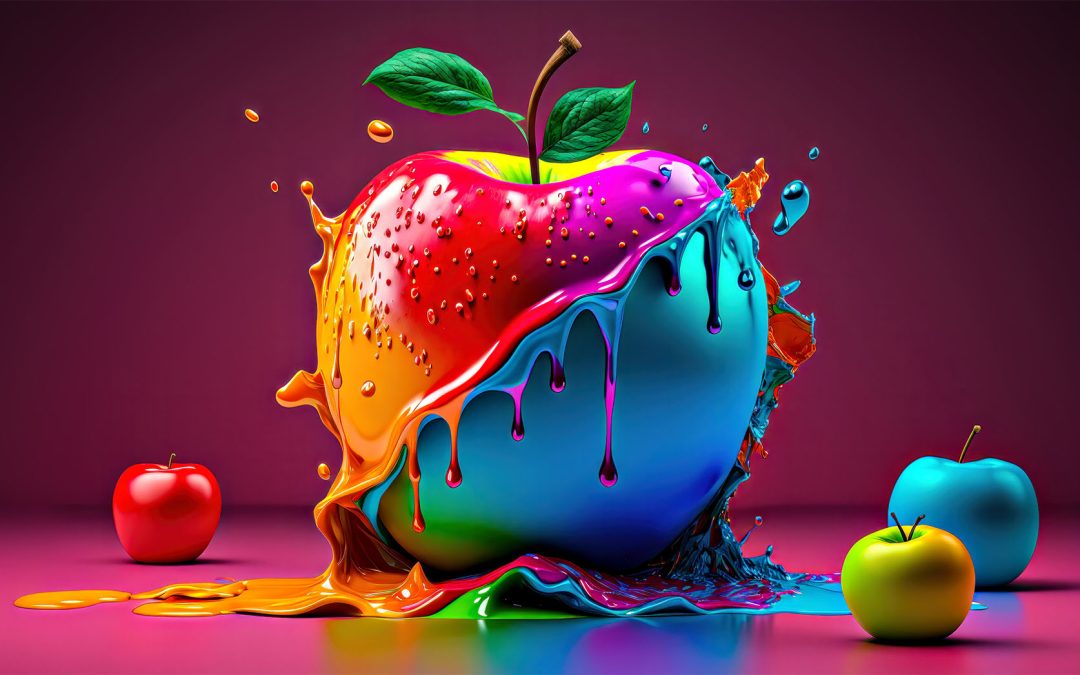With around 482.2 billion U.S. dollars, Apple will be the world’s most valuable brand by brand value in 2022, according to the Best Global Brands ranking. In the ranking compiled by Interbrand, Microsoft only came in second place with more than 278 billion U.S. dollars in brand value. Against this background, it is understandable that the company takes action against any dilution of its brand, and one would actually also expect such a prominent brand to regularly prevail in the face of the likelihood of confusion.
But just like McDonalds, which had to accept the partial cancellation of its Big Mac brand a few years ago, Apple is now showing that the basic mechanisms of trademark law apply to everyone.
It started with Fab Four
The story had even started badly. In 1968, the Beatles founded the Apple Corp. in London to bundle their business activities around music. When 10 years later Steve Jobs and Steve Wozniak founded Apple Computers, it did not take long until they were sued for trademark infringement. The dispute lasted into the 1980s and finally ended with a compromise: Apple Corp. would stay out of the computer industry, and Apple Computers would stay out of the music business.
The truce actually lasted for more than 20 years, until Steve Jobs opened the download platform iTunes. In the following trademark disputes, however, the English surprisingly lost out. The disputes came to an end when Apple acquired all trademark rights from the British in 2007.
For Apple Computers, this was a very advantageous deal. They can now point to the fact that they are the owner of a trademark that has been permanently used in the music business since 1968 – as most people know, the green apple of Apple Corp. can be found on practically every sound carrier that the Beatles have ever put on the market.
Apple Jazz
When trumpeter Charles Bertini claimed that he had been using the Apple Jazz trademark since 1985 for live performances, among other things, and that he saw a likelihood of confusion in „Apple Music,“ the lawsuit was given little chance. And indeed, the court of first instance followed the argument that Apple’s trademark rights went back to 1968. The appeals court, however, saw things differently: the company had registered the Apple Music trademark for live performances, among other things. But that was different from the Beatles‘ use of the Apple trademark for recorded music.
Since Apple had only launched its streaming service in June 2015, while Bertini had also been selling recorded music from his music company since the mid-1990s under the name Apple Jazz, he was able to fall back on the earlier trademark. Accordingly, the trademark registration was rejected.
Whether Apple wants to open the next round before the Supreme Court remains to be seen.

